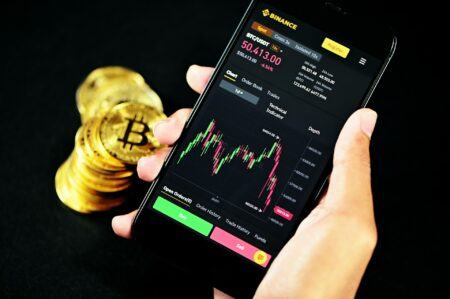The Eurasian Economic Union, or EEU, may adopt a unified digital currency by 2020-21, the Deputy Finance Minister of Russia Alexei Moiseyev told reporters yesterday. He said that negotiations would be conducted throughout 2019 to effect the new measures.
The economic bloc of countries, comprised of Armenia, Belarus, Kazakhstan, Kyrgyzstan, and Russia – and based in Moscow – would have recourse to such a measure in order to move away from US dollar-dominated trade, the Minister said. Russia’s economy makes up the vast majority of activity within the bloc.
 (source: Wikipedia)
(source: Wikipedia)
Notably, he added that even other countries outside the EEU – “other key trading partners” – were being considered to join the new trade regime. Moiseyev likened the possible (crypto-)currency union to the European Currency Unit, which was used as a standard currency unit of account before the euro was adopted in 1999.
Buildup of Western Sanctions, the Answer of Cryptocurrencies
Such measures are very clearly a response to the growing number of US- and Western-backed sanctions on several countries in Asia and Eurasia – including Russia. Economic sanctions are stimulating a certain kind of innovation, and government-level interest in the sort of irrevocable transactions that cryptocurrencies are capable of.
The number of organizations that are under sanctions is also growing […] Accordingly, we must respond to this by creating reliable international payment systems that are not tied to the US dollar
One of the most striking examples of the danger of being integrating into, and then cut out of, Western dominated monetary transfer vehicles is the recent example of SWIFT blocking Iranian banks. As CryptoGlobe has covered, the US recently muscled the Belgium-based company into blocking Iranian banks and entities, causing a moderate political rift in the process with the European Union, many of whose members are against the move.
SWIFT is a financial messaging service and “part of the world’s financial plumbing,” connecting 11,000 financial institutions globally. Thus, being excluded from SWIFT can cause a ruinous halt in trade and economic activity.
CryptoGlobe has also reported on Venezuela’s efforts to produce a state-backed, centralized cryptocurrency – the Petro (PTR) – in response to similar sanctions against Venezuelan entities and individuals. Venezuela – which has more oil reserves than any other country on Earth – has also been making noises indicating its desire to conduct the hydrocarbon trade only in Petro tokens.







